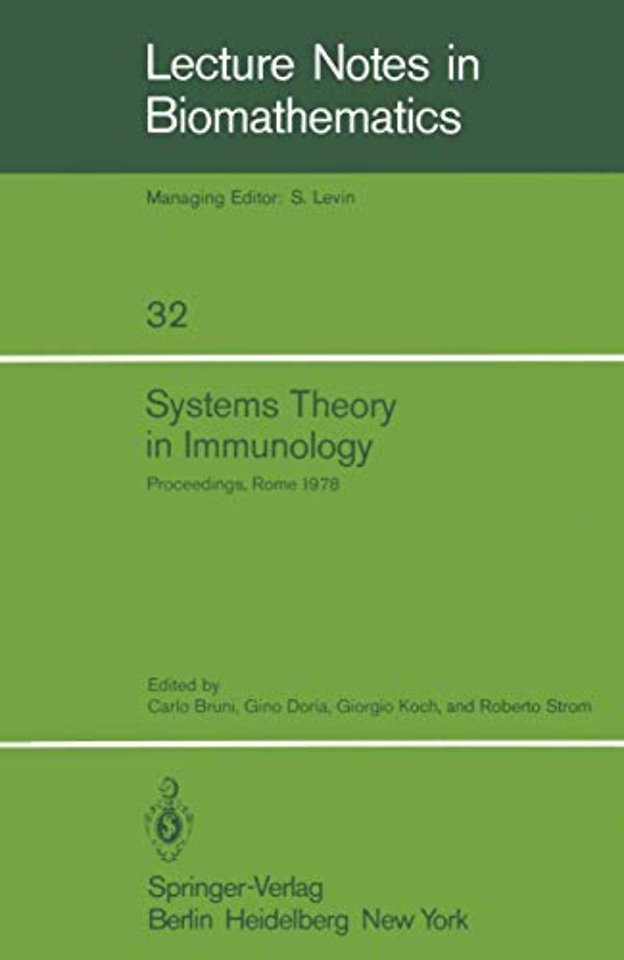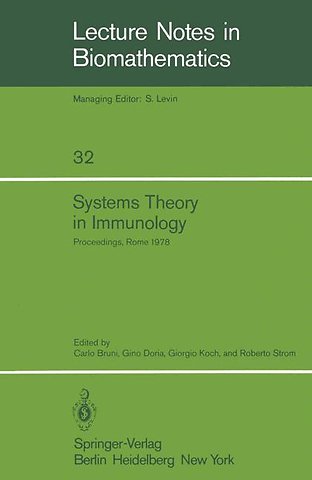Systems Theory in Immunology
Proceedings of the Working Conference, Held in Rome, May 1978
Samenvatting
This volume collects the contributions presented at the "Working Conference on System Theory in Immunology", held in Rome, May 1978. The aim of the Conference was to bring together immunologists on one side and experts in system theory and applied mathematics on the other, in order to identify problems of common interest and to establish a network of joint effort toward their solution. The methodologies of system theory for processing experimental data and for describing dynamical phenomena could indeed contribute significantly to the under standing of basic immunological facts. Conversely, the complexity of experimental results and of interpretative models should stimulate mathematicians to formulate new problems and to design appropriate procedures of analysis. The multitude of scientific publications in theoretical biology, appeared in recent years, confirms this trend and calls for extensive interaction between mat- matics and immunology. The material of this volume is divided into five sections, along the scheme of the Conference program.

